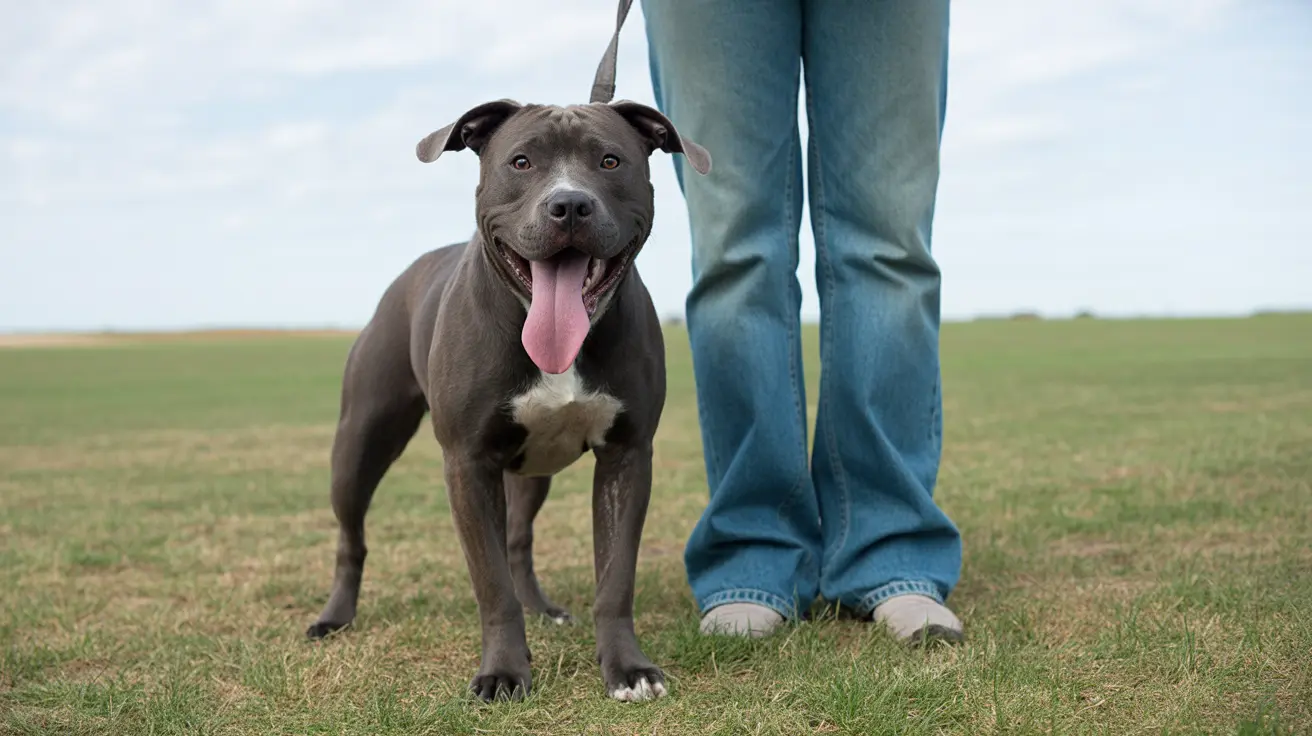Can Dogs Eat Cheese? What You Need to Know
Cheese is a common human snack that many pet owners consider sharing with their furry friends. However, since the provided information focuses solely on beans and their suitability for dogs, cheese is not discussed. Still, it's important to understand how dairy products like cheese can affect a dog's health, even in absence of specific references in the source material.
General Consideration for Dogs and Cheese
While not mentioned in the source text, veterinarians often note the following when discussing cheese in a dog’s diet:
- Lactose Tolerance: Most dogs are lactose intolerant to some degree, meaning their digestive systems cannot break down lactose, the sugar found in dairy products.
- High Fat Content: Cheeses can be high in saturated fats, which may contribute to pancreatitis if consumed in significant quantities.
- Sodium Levels: Many cheeses are also high in sodium, which is not ideal for canine consumption and can lead to health issues if ingested regularly.
Comparing Cheese to Beans as Treats
The provided source material extensively covers the role of beans in a canine diet. Here’s a quick comparison:
- Nutritional Value: Beans offer protein, fiber, vitamins, and minerals that aid in digestion and provide a nutritional boost, whereas cheese provides calcium, but also unnecessary fats and salts.
- Preparation Requirements: Beans must be soaked and thoroughly cooked without seasonings; cheese typically requires no prep but must be handed out in moderation.
- Digestibility: Improperly prepared beans can cause gastrointestinal distress; cheese can do the same especially for lactose-intolerant dogs.
Feeding Guidelines Similar to Beans
Though cheese is not specifically referenced in the material, principles relevant to beans can be adapted for cheese:
- Moderation Is Key: Just like beans, cheese should be an occasional treat, not a dietary staple.
- Plain Is Best: Avoid flavored cheeses with garlic, onions, or herbs, as these additives can be harmful to dogs.
- Watch and Monitor: Introduce cheese slowly and watch for any signs of digestive upset or allergic reaction.
Alternatives to Cheese
If you're looking for dairy-free or healthier treat options, here are some alternatives:
- Cooked Beans: As per the source, black beans, green beans, and other varieties like pinto and kidney beans are safe when prepared properly.
- Vegetables: Carrots, cucumbers, and pumpkin are nutritious and generally well-tolerated by dogs.
- Fruits: Apples (without seeds), blueberries, and watermelon (seedless and rind-free) can make refreshing treats.
Conclusion
While the source material doesn’t provide any direct guidance on cheese, general dog care advice suggests treating it with caution. Like beans, moderation, preparation, and observation are crucial if you choose to share cheese with your dog. Always consult with a veterinarian to determine what’s best for your individual pet.





